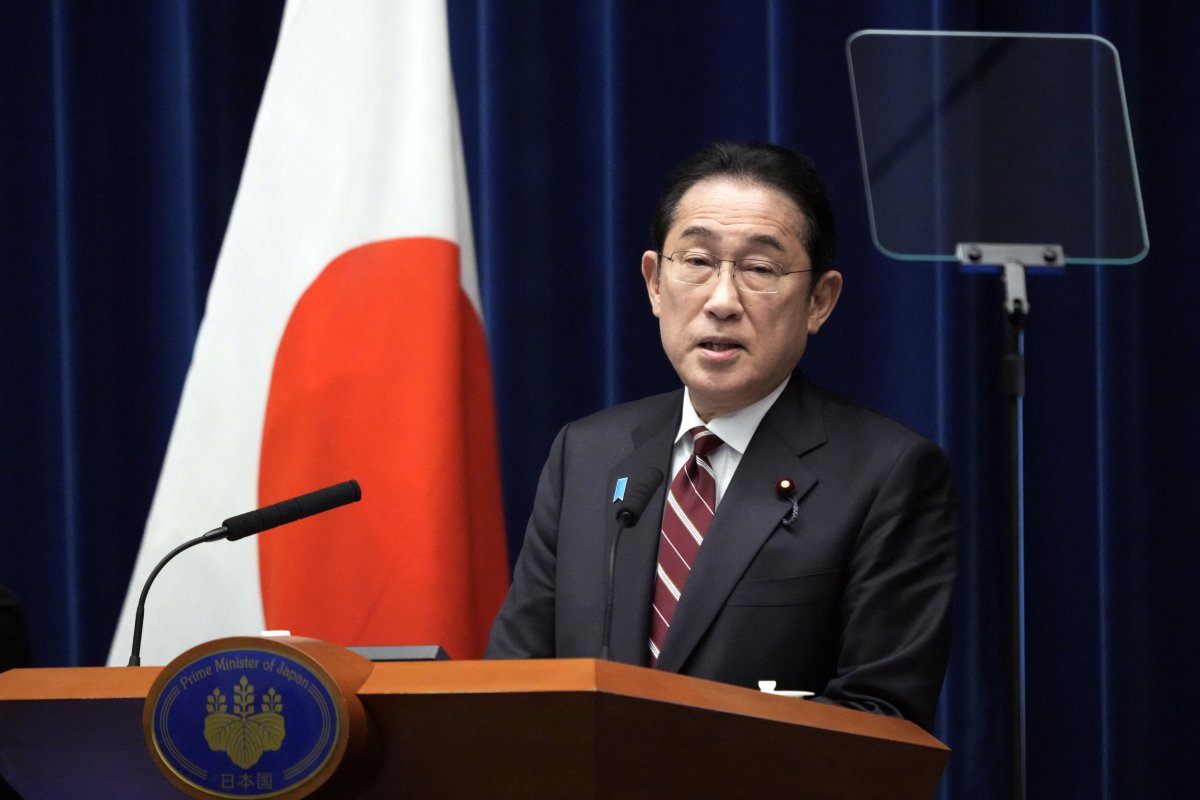At the strategic level, the U.S.-Japan relationship has never been stronger. The two countries share democratic values, and they also realize that a common front is needed against a resurgent, even threatening, People's Republic of China.
However, at the business level, one notable challenge remains: a positive resolution of the Nippon Steel-U.S. Steel deal, announced in December, which has now hit a snag. A March 14 statement from the White House indicated opposition to the deal, which would inject some $14 billion of new investment into the U.S. economy.
This snag is unfortunate because the two countries readily recognize the imperative of deepening their strategic cooperation. In January 2023, the U.S. Secretaries of Defense and State, Lloyd Austin and Antony Blinken, joined with their Japanese counterparts to issue a ringing communique, recognizing "the convergence of their nations' new national security and defense strategies toward bolstering deterrence in an integrated manner," looking to "a vision of a modernized Alliance postured to prevail in a new era of strategic competition."
Expert observers take a similar view: "Strategically, the United States and Japan have never been more closely aligned," wrote the Center for Strategic and International Studies "on national as well as regional security challenges."
The Diplomat reported on enhanced U.S.-Japan security cooperation: "These measures have opened avenues for cross investment between Japan and U.S. companies to coordinate on defense development, technology sharing, and future collaboration as Japan looks to develop emerging and foundational technologies, harness strengths to co-develop and co-produce munitions, and diversify and build more redundant supply chains."

In March, the Secretary of the Navy, Carlos del Toro, traveled across the Pacific, urging Japanese shipbuilders to invest in American shipyards, hoping to reverse the startling decline in U.S. cargo capacity. Del Toro was joined by America's ambassador to Japan, Rahm Emanuel, who added, "There's a closed plant in Philadelphia. There's a closed Navy shipyard in Long Beach. And there are a couple of others. We wanted to see if Mitsubishi and other Japanese companies would be interested in potentially investing and reopening one of those shipyards and being part of building Navy, commercial and Coast Guard ships."
In fact, the Biden administration is open to critical investment from other trusted allies; Del Toro has delivered a similar message to shipbuilders in Australia, Italy, and South Korea.
If U.S. policy is to foster close cooperation on shipbuilding and associated technologies, why the hitch on U.S. Steel? After all, vitally important as it might be, steel is just a commodity.
We might surmise that the political holdup has to do with the iconic name, U.S. Steel. To be sure, it is a great name, and yet the company, having fallen on hard times in recent decades, could benefit from an infusion of Japanese capital. Nippon has pledged to protect the identity of the American company, as well as its Pittsburgh headquarters and the jobs of steelworkers.
So maybe there's more to this curious story. In fact, a rival corporate suitor, Cleveland-Cliffs, has also been seeking to buy U.S. Steel; it was outbid by Nippon last year. Interestingly, Cleveland-Cliffs is controlled by Lourenco Goncalves, who was born in Brazil and made his early fortune there. Brazil is friendly to the U.S., and yet its foreign policy is dramatically different; it is a member, for instance, of the BRICS international organization, alongside such rivals and foes of the U.S. as China, Russia, and Iran.
In an extraordinary March 14 interview, Goncalves said he was working to derail Nippon's bid, adding that he was willing to bid "in the 30s"—that is, dollars per U.S. Steel share. That's substantially less than the $55 a share Nippon has offered. It's obvious: If Goncalves can sideline Nippon, he has a chance to buy U.S. Steel at a substantially lower price.
Such is business. However, both the U.S and Japan must think first about national security—including the security that comes from strong alliances. Given these high stakes, let's hope that progress can be made in Washington, D.C., when Japanese Prime Minister Fumio Kishida visits President Joe Biden. A world full of danger is watching to see if good friends can get to a yes on a win-win deal.
James P. Pinkerton is a longtime columnist, author, and political analyst. He worked in the White House policy offices of former Presidents Ronald Reagan and George H.W. Bush and in the 1980, 1984, 1988, and 1992 presidential campaigns.
The views expressed in this article are the writer's own.
Uncommon Knowledge
Newsweek is committed to challenging conventional wisdom and finding connections in the search for common ground.
Newsweek is committed to challenging conventional wisdom and finding connections in the search for common ground.
About the writer
To read how Newsweek uses AI as a newsroom tool, Click here.






